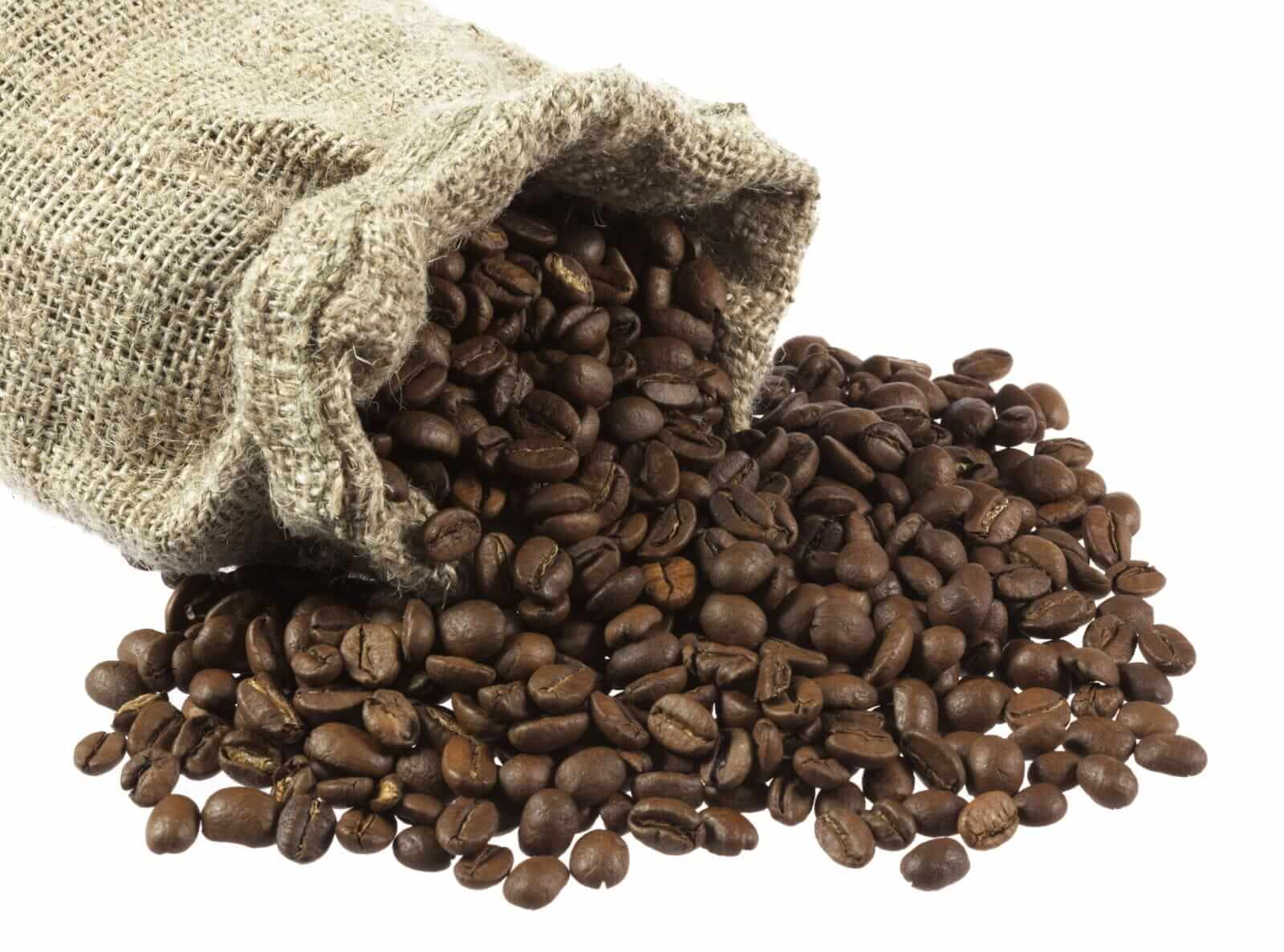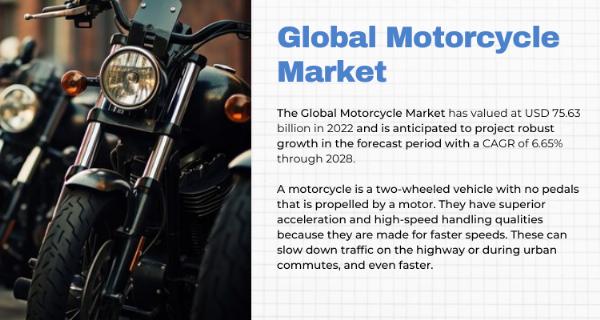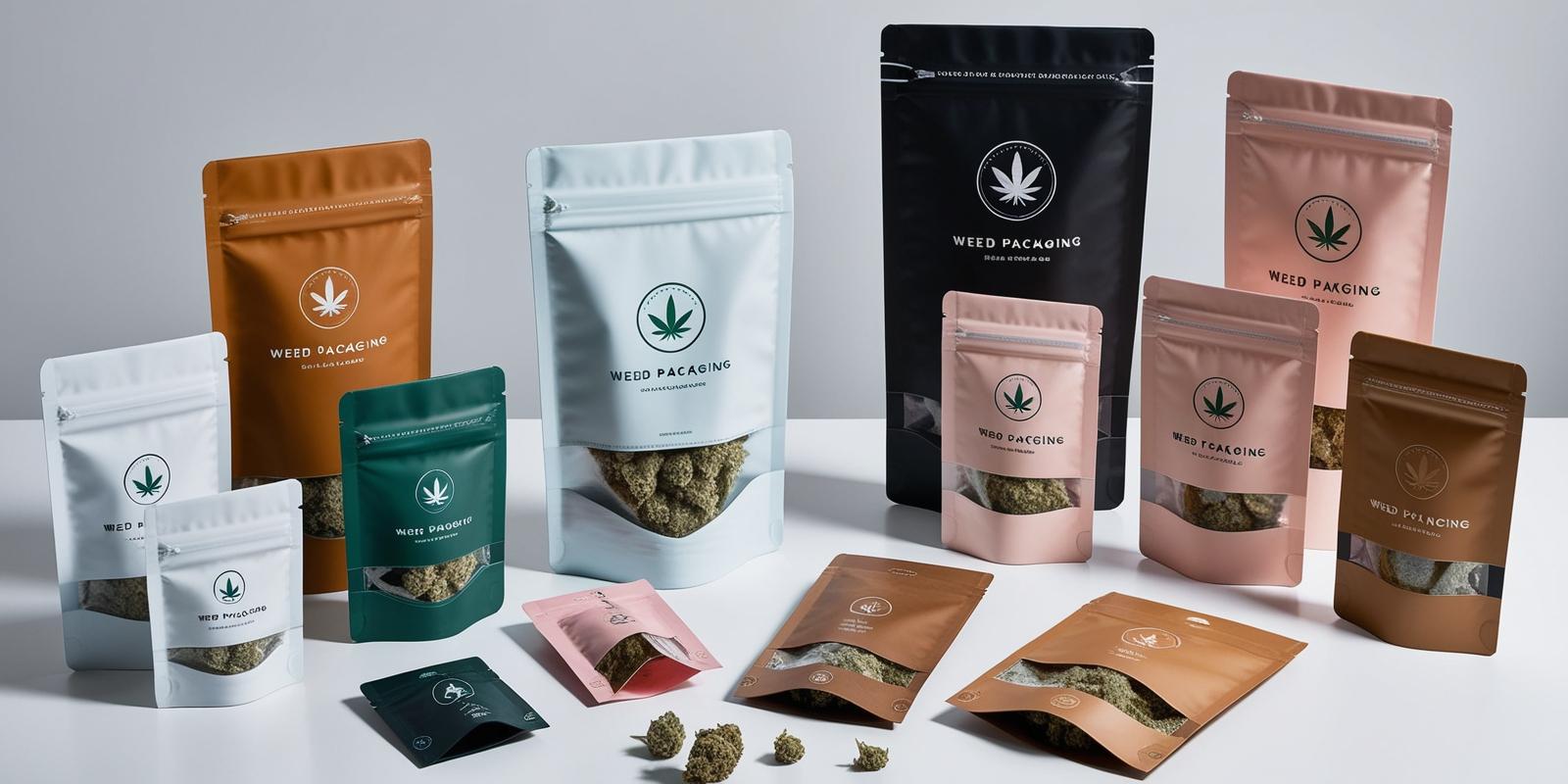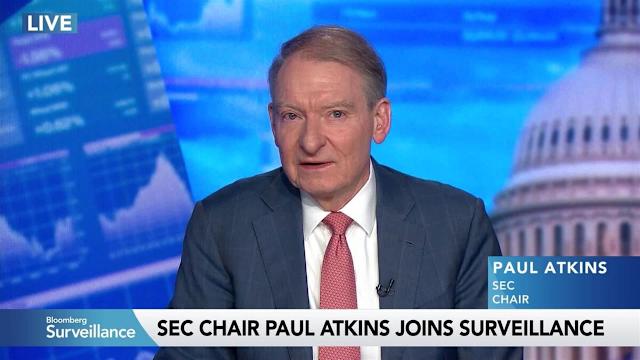Brazil Coffee Harvest Pressures Weigh on Coffee Prices

September arabica coffee (KCU25) today is down -5.10 (-1.66%), and September ICE robusta coffee (RMU25) is down -4 (-0.12%).
Coffee prices today gave up an early advance and turned lower as the pace of the Brazil coffee harvest accelerated. Safras & Mercado reported today that Brazil's overall 2025/26 coffee harvest was 77% complete as of July 16, ahead of the comparable level of 74% last year and the 5-year average of 69%. The breakdown showed that 93% of the robusta harvest and 67% of the arabica harvest were complete as of July 9. In related news, Brazil's Cooxupe coffee co-op announced on Tuesday that its harvest among members was 49.3% complete as of July 11. Cooxupe is Brazil's largest coffee cooperative and Brazil's largest exporter group.
More News from Barchart
-
Coffee Prices Retreat Due to a Stronger Dollar
-
Cocoa Prices Finish Sharply Lower as Global Cocoa Demand Craters
-
Dollar Strength Sparks Long Liquidation Pressures in Coffee Futures
-
Stop Missing Market Moves: Get the FREE Barchart Brief – your midday dose of stock movers, trending sectors, and actionable trade ideas, delivered right to your inbox. Sign Up Now!
Coffee prices today initially moved higher, with arabica posting a 3-week high on carryover support from Monday, due to signs of excessive dryness in Brazil. Somar Meteorologia reported on Monday that Brazil's largest arabica coffee-growing area, Minas Gerais, received no rain during the week ended July 12.
Coffee prices are under pressure from an increase in ICE-monitored inventories after robusta coffee inventories jumped to a 10-month high of 5,995 lots today. Meanwhile, ICE-monitored arabica coffee inventories rose to a 5.25-month high of 892,468 bags on May 27 but have since backed off to 819,061 bags as of Thursday.
Smaller coffee exports from Brazil are positive for prices after Cecafe on Wednesday reported that Brazil's total Jun green coffee exports fell -31% y/y to 2.3 million bags, with arabica exports down -27% y/y to 1.8 million bags and robusta exports down -42% y/y to 476,334 bags.
Arabica coffee prices have support from President Trump's announcement last Wednesday that he would impose 50% tariffs on US imports from Brazil, effective August 1. That threat caused concern that coffee supplies could be disrupted from Brazil, the world's largest producer of arabica coffee.
Coffee prices have retreated over the past two months on the outlook for abundant coffee supplies. On June 25, the USDA's Foreign Agricultural Service (FAS) forecasted that Brazil's 2025/26 coffee production will increase by +0.5% y/y to 65 million bags and that Vietnam's 2025/26 coffee output will rise by 6.9% y/y to a 4-year high of 31 million bags. Brazil is the world's largest producer of arabica coffee, and Vietnam is the world's largest producer of robusta coffee.
Story ContinuesDue to drought, Vietnam's coffee production in the 2023/24 crop year decreased by -20% y/y to 1.472 MMT, the smallest crop in four years. Also, Vietnam's General Statistics Office reported that 2024 Vietnam coffee exports fell by -17.1% y/y to 1.35 MMT. Additionally, the Vietnam Coffee and Cocoa Association reduced its 2024/25 Vietnam coffee production estimate to 26.5 million bags on March 12, down from a December estimate of 28 million bags. By contrast, the Vietnam National Statistics Office reported on July 7 that Vietnam's Jan-Jun 2025 coffee exports were up +4.1% y/y to 943,000 MT.
The USDA's biannual report, released on June 25, was bearish for coffee prices. The USDA's Foreign Agriculture Service (FAS) projected that world coffee production in 2025/26 will increase by +2.5% y/y to a record 178.68 million bags, with a -1.7% decrease in arabica production to 97.022 million bags and a +7.9% increase in robusta production to 81.658 million bags. The USDA's FAS forecasts that 2025/26 ending stocks will climb by +4.9% to 22.819 million bags from 21.752 million bags in 2024/25.
For the 2025/26 marketing year, Volcafe projects a global 2025/26 arabica coffee deficit of -8.5 million bags, wider than the -5.5 million bag deficit for 2024/25 and the fifth consecutive year of deficits.
On the date of publication, Rich Asplund did not have (either directly or indirectly) positions in any of the securities mentioned in this article. All information and data in this article is solely for informational purposes. This article was originally published on Barchart.com













